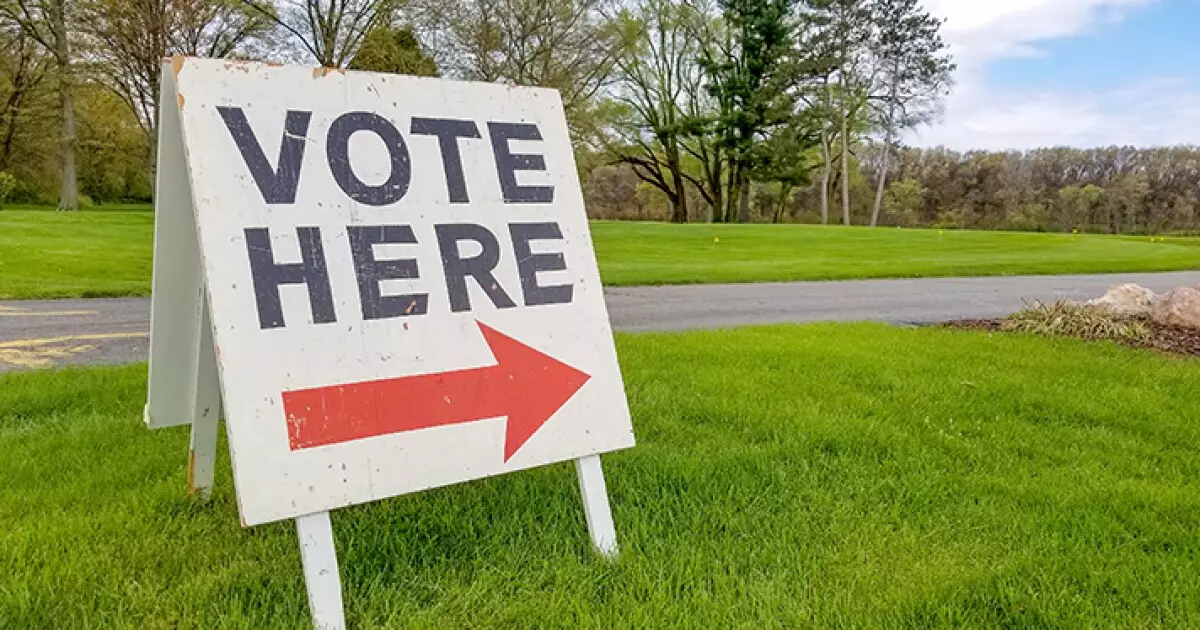The state of Texas is currently grappling with significant financial challenges at both the local government and school district levels. As city and educational leaders find themselves squeezed by tight budgets and urgent infrastructure needs, proposed reforms regarding taxation and bond issuance present a contentious issue. Governor Greg Abbott’s call for stricter requirements on local tax increases and bond propositions sets a complex stage for decision-making that has far-reaching implications for the future of Texas communities.
The Demands for Tax Rate Restraints
In his recent State of the State address, Governor Abbott expressed a pressing need for limitations on local tax increases. This push is part of a broader strategy to reinforce a substantial property tax relief package that was approved last year, with aspirations of expanding it by at least $10 billion during the current legislative session. Abbott’s vow to eradicate loopholes that allow local taxing entities to raise property taxes without sufficient voter oversight is creating a ripple effect in local governance. Specifically, he advocates for a shift from a simple majority to a supermajority—two-thirds—approval requirement for any tax hikes or bonds. Coupled with a mandate for all such election proposals to occur exclusively in November, this plan could reshape the landscape of local taxation.
This shift toward requiring supermajority approval ignites debate among legislators, particularly concerning its practicality in swiftly growing regions like Texas. Concerns arise around the feasibility of obtaining the necessary support from voters for crucial infrastructure projects, thereby posing a threat to the ability of local entities to address pressing needs effectively and in a timely manner.
The legislative discourse surrounding these proposed changes illustrates a deep divide among lawmakers. While Lieutenant Governor Dan Patrick has indicated the Senate may be poised to swiftly endorse such restrictions, dissenting voices within the legislature caution against the viability of implementing the two-thirds requirement. State Senator Paul Bettencourt, for example, argues that such restrictions should apply to elected officials rather than citizens and warns that this could hamper the chances of success for important bond measures.
With various bills on the table establishing a supermajority approval requirement, there’s no consensus on the best path forward. Some propose a 60% threshold for certain types of tax increases or bonds, while other suggestions focus on curtailing debts against the Permanent School Fund’s bond guarantee program. The complexity of these proposals raises pivotal questions about the long-term viability of growth in Texas’ rapidly expanding communities.
Adding urgency to these discussions, Texas has experienced a population surge, gaining over 9 million residents between 2000 and 2022. With the state now boasting a population exceeding 30 million, the demand for efficient public services and infrastructure is higher than ever. Local governments and school districts find themselves in a precarious position—faced with increased needs for funding while simultaneously confronting higher hurdles for obtaining approval on financial measures.
Kevin Brown of the Texas Association of School Administrators articulates the potential ramifications of stricter voting requirements, expressing deep concern that already struggling districts may find it nearly impossible to navigate the approval process for necessary bonds. With student enrollment set to rise, maintaining infrastructure and accommodating growth becomes not just desirable but essential for Texas to thrive as a state.
Fiscal analysts are now weighing the potential repercussions of such legislative changes on credit ratings for Texas’ public schools. Standard & Poor’s has warned that further deterioration in credit quality could ensue if urgent revenue shortfalls are not addressed, particularly given inflationary pressures on operating costs. In a landscape where negative outlooks for Texas districts outnumber positive ones, the fear is that these reforms could exacerbate financial strains at a time when many are already struggling.
Houston’s municipal budget is also under scrutiny, with calls for improved efficiency in city governance to secure public backing for revenue enhancements. A weak fiscal outlook indicates that the city, like many others in Texas, may face a prolonged period of uncertainty if new measures to raise funds are stymied by elevated voter approval requirements.
The discourse surrounding taxation and bond issuance reforms in Texas encapsulates a broader tension between empowering local voters and ensuring that governmental bodies possess the necessary flexibility to address pressing financial concerns. As policy-makers navigate these complex issues, the challenge lies in finding a solution that suitably balances the need for accountable governance with the imperative of financial resilience in a growing state. The path forward will require careful consideration of both immediate fiscal needs and long-term economic stability, making it imperative for Texas lawmakers to act decisively and thoughtfully in the days to come.


Leave a Reply